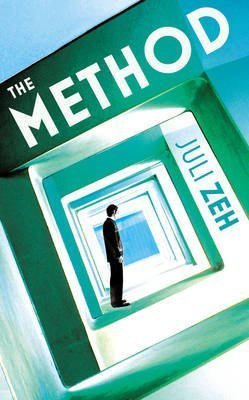What do you think?
Rate this book


230 pages, Paperback
First published January 1, 2009

Gesundheit ist ein Zustand des vollkommenen körperlichen, geistigen und sozialen Wohlbefindens - und nicht die bloße Abwesenheit von Krankheit.
Health is a state of complete physical, spiritual and social wellbeing - and not the mere absence of disease.
